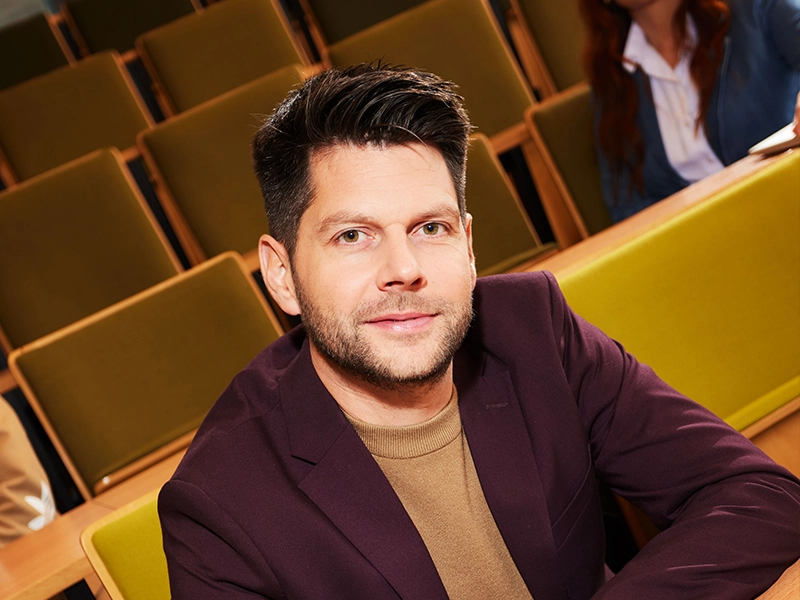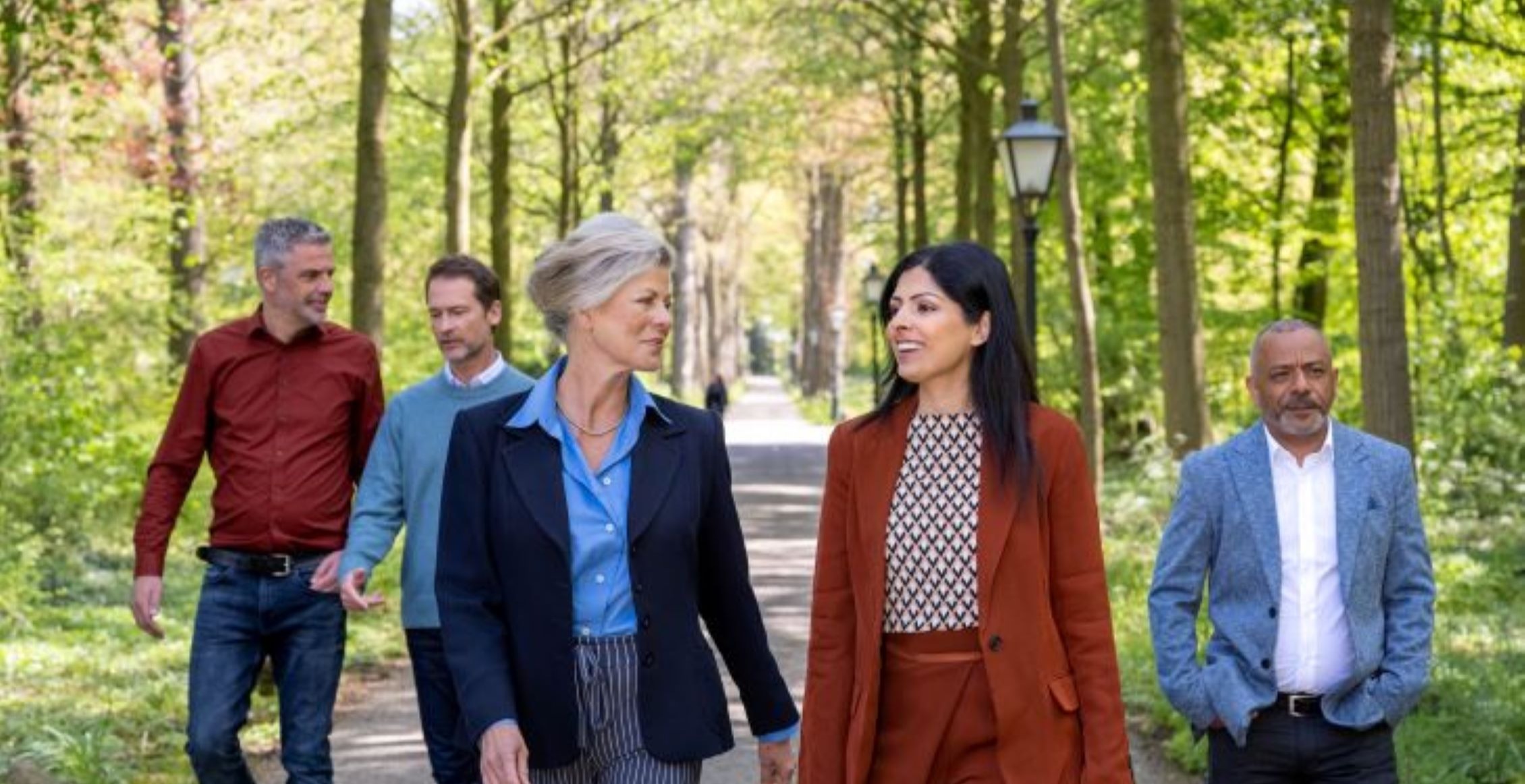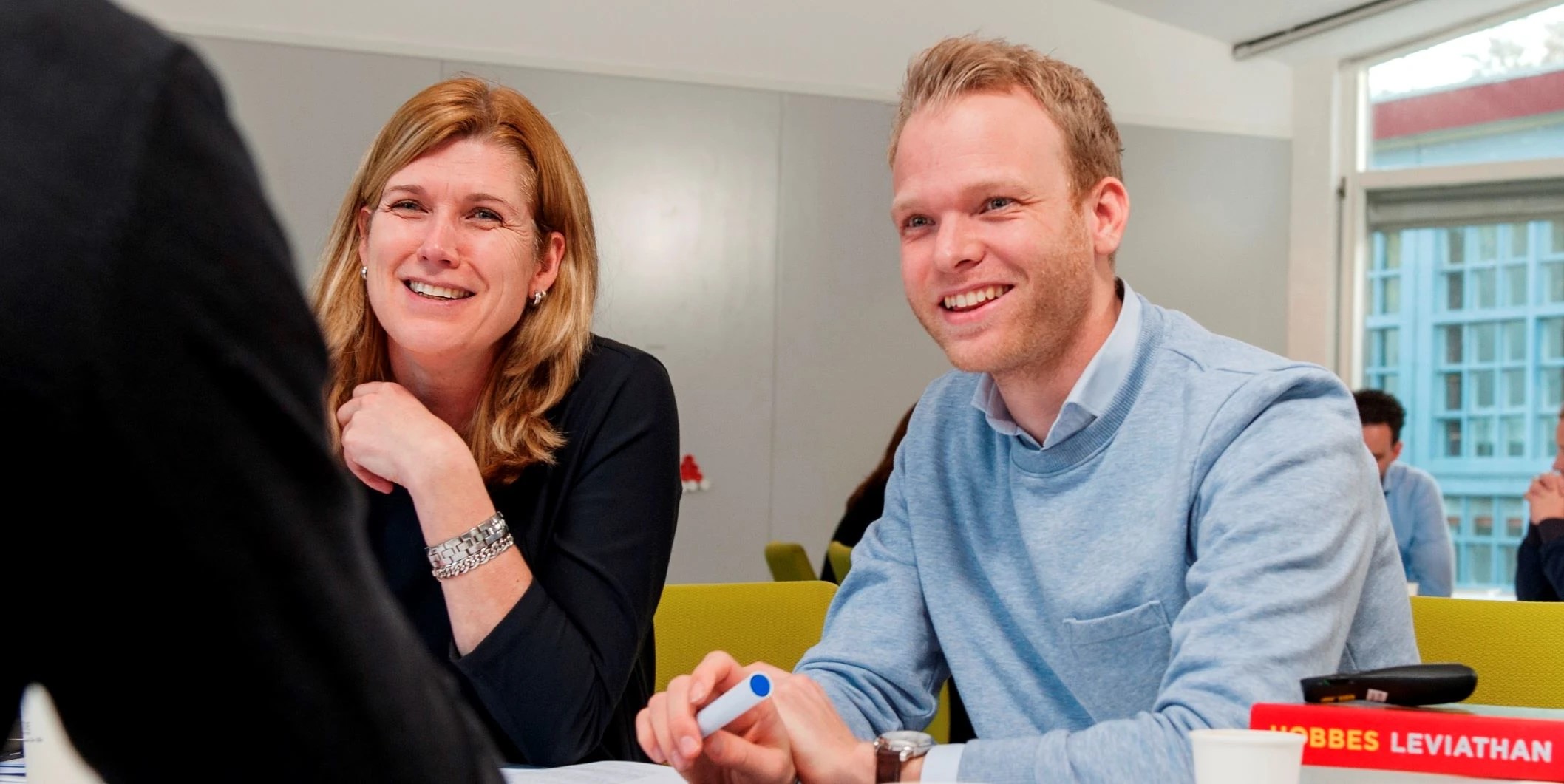In the following years, many changes are coming to the residential environment. As a result of the climate problem, which has led to the Paris Agreement, the Dutch government has set ambitious goals. And with the accelerated phasing out of gas extraction in Groningen due to earthquake problems, there is an added urgency to making the transition to sustainable heating sources.
The government chooses explicitly for a district-oriented approach for this transition. Will the energy transition be the beginning of the third wave of district renewal, after the urban renewal (end 60s) and the major cities policy (end 90s)? That could just be the case. But this can only happen if the ‘third success factor of the energy transition’ is considered as well.
Purchase intention
The Climate Agreement refers to making 1.5 million homes and other buildings more sustainable through a district-oriented approach during the 2022 - 2030 time frame. The Dutch are realizing the need for energy transition more and more. But when they must choose for energy measures in their houses, they are hesitant to take the next steps.
It is often thought that financing these measures is the main cause of the residents' lack of enthusiasm for taking these measures. But even if money is available, only a small proportion of residents are still inclined to opt for energy measures.
As this experiment relating to the heat pump shows that, when the government pays 15% - 50% of the investment, around 5% - 10% of the Dutch people will purchase a heat pump in a year or two from now. But when the government pays all the costs, the purchase intention increases to 36%. Another study shows that most of the Dutch feel that the government and large companies should bear the costs of climate measures. That same study also shows that only slightly more than one third of the population is prepared to replace the HR-boiler with a natural gas-free alternative.
In this example, resistance may also lie with the technical qualities of heat pumps, but enthusiasm for other energy measures is often not great either. In addition to the two success factors of money and technology, there is another success factor: human emotions and behavior.
Merger of Interests
In her essay, Anke van Hal delves deeper into this third success factor. She presents a solution strategy – the so-called Merger of Interests Strategy (Fusie van Belangenstrategie). The last part of the essay explains more in-depth what ‘the third success factor’ means for districts with a wide variety of diverse challenges. The essay, which Van Hal wrote together with Matthijs Uyterlinde, senior researcher at Platform31, and organizational and change expert Maurice Coen, can be downloaded below.
Documents
-
Publication date 8/13/2020File size 804 KB
Tags
Related programs
-
Modular Executive MBA in Business & Sustainable Transitions
Start date: spring & autumnLanguage:- Dutch
Location:- Breukelen
The Modular Executive MBA in Business & Sustainable Transitions focuses on transitions underway around sustainability.
View program
-
Executive Program Energy Transition in Business and Leadership
Start date: November 23, 2026Language:- English
Location:- Amsterdam
- Other...
This executive programme focuses on the development of new business models at a time of massive and disruptive change in the energy market. It has three main parts.
View program
-
Executive Program Hydrogen
Start date: new dates will followLanguage:- English
Location:- Breukelen
In the dynamic world of the energy transition, the Executive Hydrogen Programme emerges as a platform for leaders in the hydrogen sector.
View program
-
Executive Programme Energy Transition and Innovation
Start date: March 23, 2026Language:- English
Location:- Breukelen
- Other...
Get ready for the future of energy – with Nyenrode Business University, RWTH Aachen University of Technology and the International Energy Agency
View program
-
Sustainability and Systemic Change
Start date: March 17, 2026Language:- English
Location:- Breukelen
Develop knowledge and skills to create opportunities for sustainable value creation from a leadership rol.
View program

.jpg?sfvrsn=eca5cb14_2)